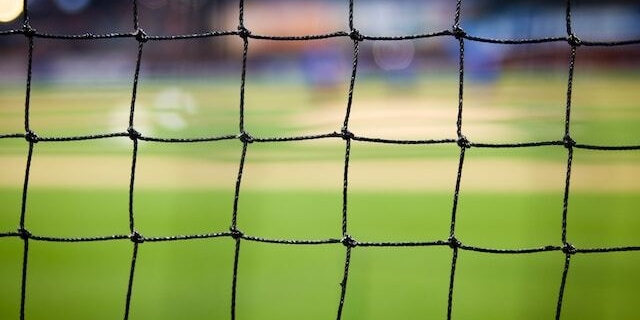Breakthrough as gambling chiefs confirm watershed for gambling ads
Gambling
Gambling chiefs have confirmed plans to introduce a ‘whistle-to-whistle’ television sports advertising ban.
Last week CARE reported that Britain’s biggest betting companies had agreed to the ban. The formalities have now been agreed by the Industry Group for Responsible Gambling (IGRG), and the ban will come into play in 2019.
What will this look like?
This ban will mean that no gambling adverts will be shown during live sports coverage before 21:00 in the UK from five minutes before the event begins until five minutes after it finishes. This includes re-runs of sporting events and highlight shows before 21:00.
The only sports that will be exempt from this ban will be horse racing and greyhound racing.
A sensible first step
CARE campaigned for a watershed for gambling adverts, mindful of the way gambling advertising has normalised gambling for young people. The Responsible Gambling Strategy Board (RGSB) research showed that more than 90 per cent of young people have been exposed to gambling adverts on TV and social media. During the World Cup ITV ran almost 90 minutes of gambling adverts from the start of the tournament until Croatia V England.
CARE Spokesperson James Mildred said: “A whistle-to-whistle ban is a sensible move and if this voluntary deal is honoured, hopefully this will help mean fewer people, especially fewer young people are exposed to ads that glamorise and normalise gambling.”
A watershed is really just the first step in addressing problem gambling in the UK. 430,000 people in the UK are now classed are problem gamblers. The latest figures from the Gambling Commission show that the number of child gamblers had quadrupled in just two years, with 55,000 child now classed as problem gamblers. It’s clear that more needs to be done.
Sponsorship of football teams must be addressed
Betting companies continue to side-step the ban on advertising to children by sponsoring football clubs and putting their logos on team shirts. Just under half – 9 out of 20 Premier League teams and 17 out of 24 (70 per cent) of teams in the Championship are sponsored by gambling companies. In total, across the top two leagues in the UK 60 per cent of teams will have gambling companies as their sponsors.
Shown completely without context, these shirts are on the backs of children's favourite players and this creates the illusion that gambling is harmless, fun and without consequences. We know that is not the case.
Therefore, whilst we welcome the whistle-to-whistle advertising ban, we need a wider discussion on football’s relationship with gambling.
Stronger age -verification checks needed
CARE is concerned that children are able to access gambling apps without appropriate age-verification checks. Gambling operators often use cartoons or nostalgic characters which have encouraged children to sign up and play online betting games. It’s clear robust age-verification checks need to be introduced to make sure online gambling style games are limited to over 18s only, and where there is evidence of gambling style apps being advertised to children, regulators should have sufficient powers to have the apps removed and to impose penalties.
Bookies must also play their part too. An undercover investigation found that betting shops were not enforcing the law on gambling and let under-18s bet on fixed odds betting terminals.
Introduce a statutory levy on gambling companies
The current arrangement in which the Government encourages the gambling industry to make voluntary contributions to care for problem gamblers is not fit for purpose. The total value of such contributions last year was just £8m – working out at 0.06 per cent of Gross Gambling Yield.
Our research showed that 66 per cent of men in the UK were unhappy with this arrangement and would like to see it increased and become compulsory.
Betting bosses have called for such a levy to be introduced, which could raise as much as £100m a year to fund addiction clinics and research into problem gambling. The Head of NHS England described gambling addiction as one of the "new threats" facing the NHS and said reports that foreign betting companies weren't "co-funding help" for addicts were "deeply concerning". A statutory levy would therefore be a positive step forward.
James Mildred concludes:
“A whistle-to-whistle ban is a good first step to address the UK’s gambling epidemic, but it’s clear there’s more that needs to be done.
“CARE have long been concerned at how advertising has normalised gambling, particularly for children, making it seem harmless and without consequence, which we know is not the case.
“Current gambling legislation is not working for anyone, including children and young people across the UK. Instead it has a led to an epidemic of children problem gamblers.
“The landscape has significantly changed over the last few years in relation to gambling, with technological developments and increased betting options. We can’t simply rely on outdated law and voluntary codes to tackle the UK’s gambling problems.”




Share story
Breakthrough as gambling chiefs confirm watershed for gambling ads